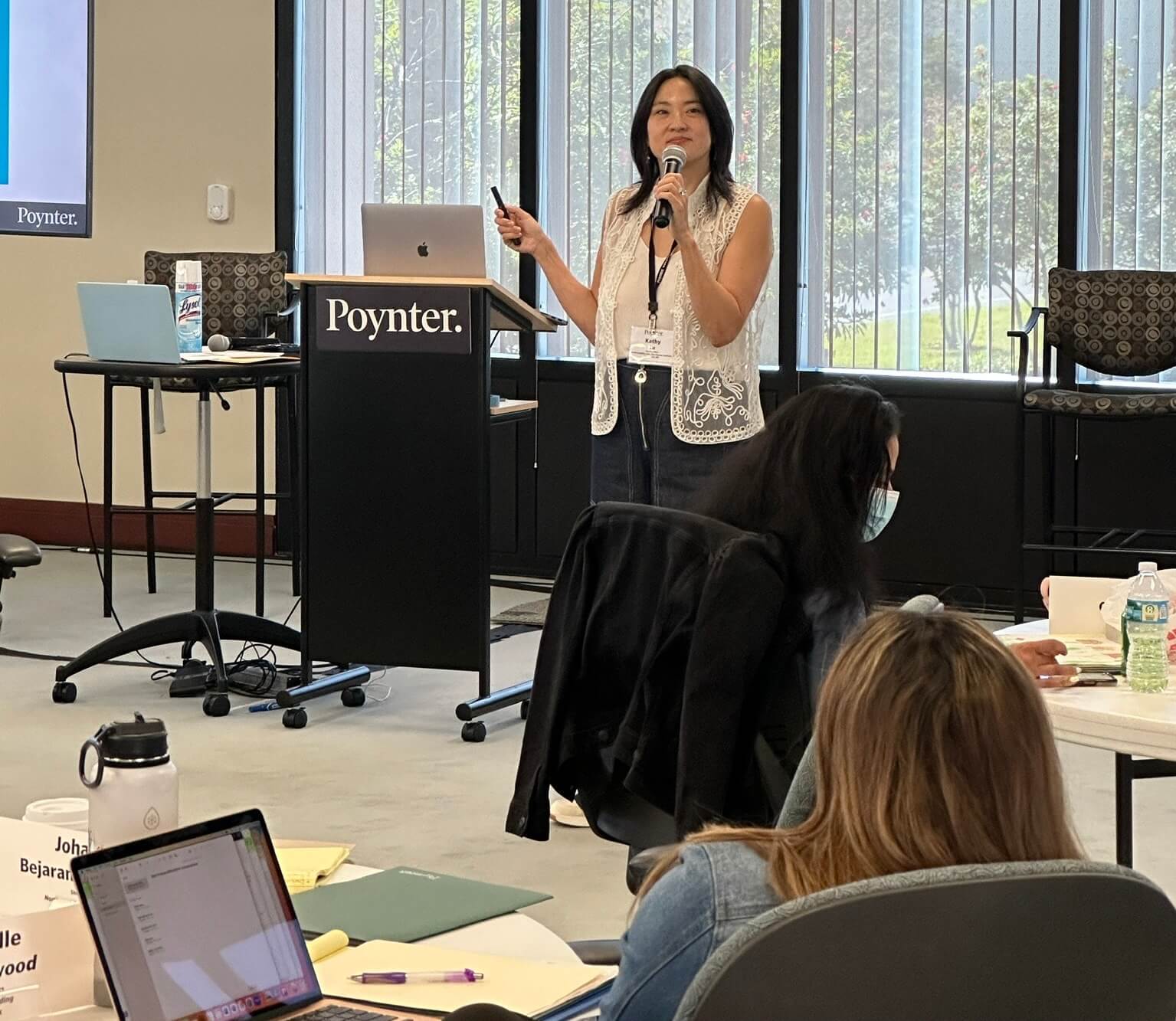Many journalists complain that comment threads to their news stories represent the worst of online media. But it doesn’t have to be that way.
Check out this public conversation on the nature, role and tenor of online comments happening in the comment thread for “Why Comments Matter,” a July 26 blog post by venture capitalist Fred Wilson.
In his post, Wilson referred to a recent Boston Globe op-ed by public relations consultant Douglas Bailey, who urged news organizations to eschew comments to articles. Wilson responded to the op-ed, saying:
“I agree that simply adding a comment thread at the end of a news story is a recipe for trouble. But it is only a recipe for trouble if that is as far as you go. An unattended comment thread will be full of garbage and many are. But if the author of the news story, or opinion piece, or blog post, tends to the comments, replies to the good ones, signals the bad ones, chastises the loudmouth bullies, and generally runs the comment threads like a serious discussion group, a serious discussion will result.
“It’s an issue for the news industry because tending to comment threads is not part of a journalist’s traditional job. But I would argue that it is now and they ought to get busy doing it.”
This, I think, points to the growing importance of the community manager role in journalism, which I’ve mentioned before. When journalists and editors learn to function not just as reporters and storytellers, but as curators of public conversation, journalism and the communities it serves have much to gain.
Those who commented on Wilson’s post seem to share similar insights. Their comments, and Wilson’s post, are worth reading because they include some thoughtful brainstorming about how to make commenting systems work better.
Commenter ShanaC observed that responding to comments takes time that most people don’t have: “If we get repeats of the last [very long, complex] comment thread, help is going to be needed. That thread need serious curation, and I suspect that this phenomenon is only likely to grow more and more often.”
Wilson responded: “I’ve asked Disqus [the comment management tool for his blog, also one of his portfolio companies] to think about ‘Cliff Notes’ for comment threads. I’m not sure how best to do it, but we need it for sure.”
Commentor Phillip Baker said: “Not sure what your idea of Cliff Notes looks like (i.e. a summary of points of view vs. user selected/voted comments), and reviews are obviously different from comments, but Amazon makes their reviews more useful with ‘was this helpful to you?'”
In response, a commenter by the name of Coleman wrote:
“Great idea. To make Cliff’s Notes out of a long comment thread, you need to be able to summarize the comments. To summarize comments, you need to take the best parts out of them and cut the fluff. Right now you can only rank up a whole comment. You should be able to like a part of a comment, without liking the rest of it. Then, you could get through the best ranked comments faster, without seeing as much junk. They would read very jerkily, though, since they would have been taken out of context and out of order. To fix this, you could let users cluster related comments by vote. You could slot one comment next to another by clicking and dragging. Then, you would have a cohesive, concise summary of the comments.”
All good food for thought. I think Wilson’s point that “You need to use the best comment systems out there, and they are usually from third parties like Disqus, not from your CMS vendor” is especially salient, even though he’s funding that company.
In general, news CMSs tend to handle comments remarkably poorly, making them difficult to navigate and glean value from. A CMS that works well with third party tools could be a better option.
By the way, I perused most of the nearly 200 comments to Bailey’s Globe op-ed. The vast majority of the commenters seemed dismissive, sarcastic and irate about Bailey’s advice to drop article comments. It probably didn’t help that Bailey closed his op-ed this way:
“… Don’t bother posting any comments directed to me when this article appears on the Web. I won’t see them. Instead, go start your own site or blog or buy a legitimate newspaper, or write a letter to the editor, or an op-ed (and sign your own name to it). If you really have something interesting to say, I’ll find you.”
Thanks to Charlotte-Anne Lucas for the tip.





